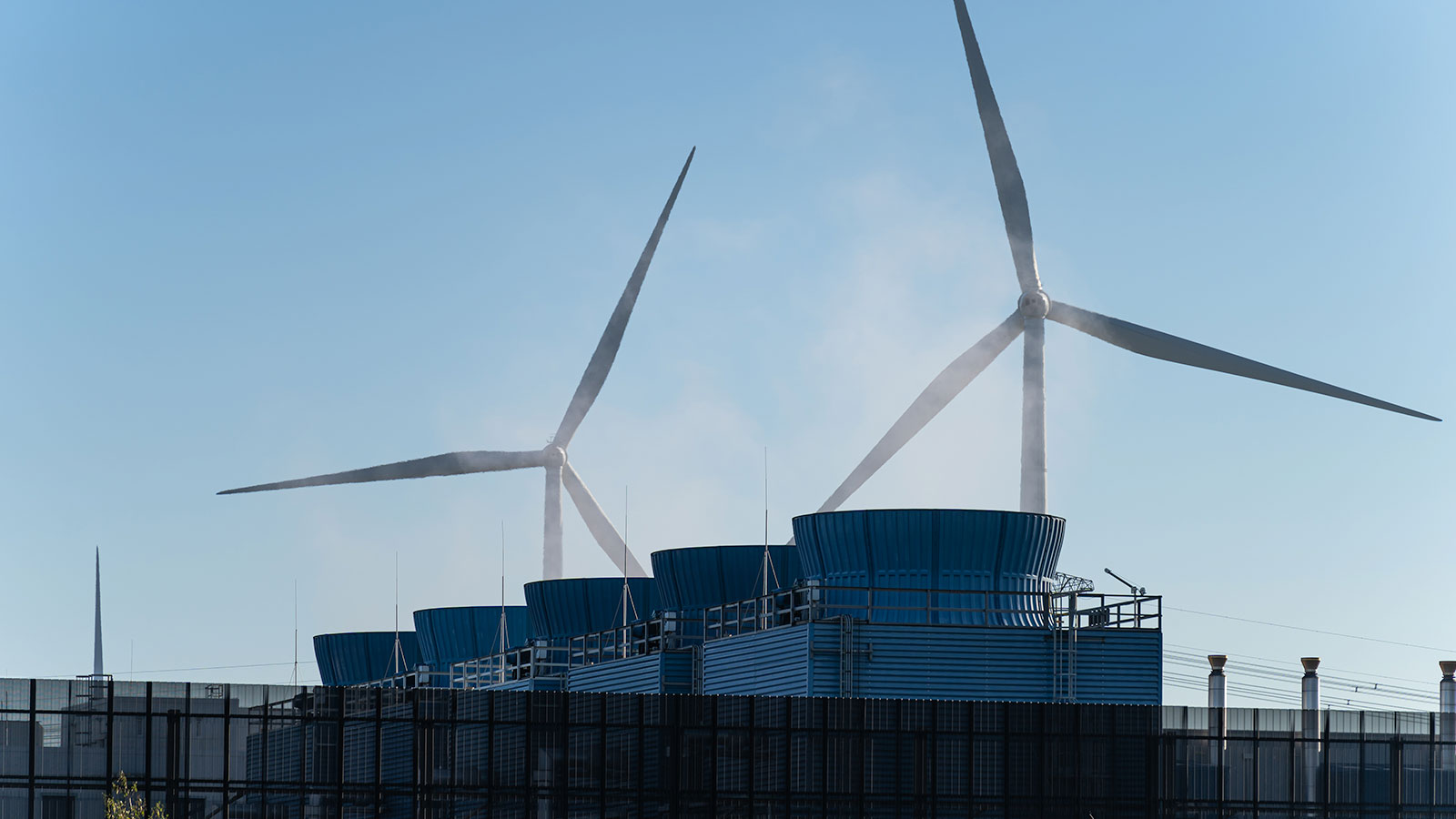Data centres in the UK and Ireland are increasingly looking to delay their carbon reduction plans as they deal with the ongoing energy crisis.
According to new research from Schneider Electric, 81% of business leaders at UK and Irish data centres say that the energy crisis will impact their organisation’s ability to meet their emissions reduction plans.
Of that figure, around half of organisations say they are delaying planned investment in sustainability and net zero plans (49%). Four in ten of the same organisations (40%) say they now have more immediate business challenges to meet while 43% claim that emission reduction targets are no longer an issue for their stakeholders. More than one in five (22%) of these firms claim that taking practical action to meet targets is difficult.
Putting carbon reduction plans on the backburner is perhaps not the most unsurprising move from data centre operators, but it’s one that could be shortsighted. After all, decarbonisation goes hand-in-hand with reducing energy use and lowering long-term energy costs. For example, the installation of renewables will allow free electricity generation, while also providing an alternative to grid-supplied electricity.
“Business leaders tell us that the energy crisis should be seen alongside the many other challenges they have faced over the last twelve months, including economic pressures, cyber security and skills shortages. Yet our research suggests that some of the UK and Ireland’s data centres are ‘kicking the carbon emissions can down the road’, as a result of the energy crisis,” said Mark Yeeles, Vice President, Secure Power Division, Schneider Electric UK and Ireland.
“As fears grow about progress against global commitments made under the Paris Agreement, and the UK’s Climate Change Committee warns of a lack of progress on emissions cuts, the UK and Ireland need data centres to play their part and stick to their net zero and emissions reduction targets.”
Thankfully data centre operators understand that they will have to look at carbon emissions reductions at some point in the near future – with 32% of data centre business leaders believing that climate change and net zero ambitions will become more of a priority over the next three years. Only 11% believe that national net zero commitments will be diluted in that time.
Meanwhile the crisis they face on energy prices could be coming to an end, with 32% of data centre managers optimistic that energy prices will fall over the next three years – although 71% still think that their organisation will be addressing the energy crisis in 12 months’ time.
Despite the challenges many data centre operators face due to the ongoing energy crisis, Mark Yeeles has urged data centres to re-engage with their emissions reduction ambitions, “It’s not all doom and gloom: as our research shows, business leaders still believe in their climate change ambitions – they simply need to push the subject back up the corporate agenda.
“The technology required to help businesses decarbonise is already available – and the return on investment for these solutions has never been more attractive, with payback periods measured in months rather than years. Organisations still have time to meet their net zero commitments by understanding and addressing energy use, investing in renewable energy and energy saving technology, and embedding sustainability and carbon reduction targets in their business plans,” he added.
“What’s more, those that invest in green skills and green jobs will reap the rewards of a diverse workforce for decades to come. At Schneider Electric, we’ve seen this for ourselves through our apprenticeship and graduate programmes.”

